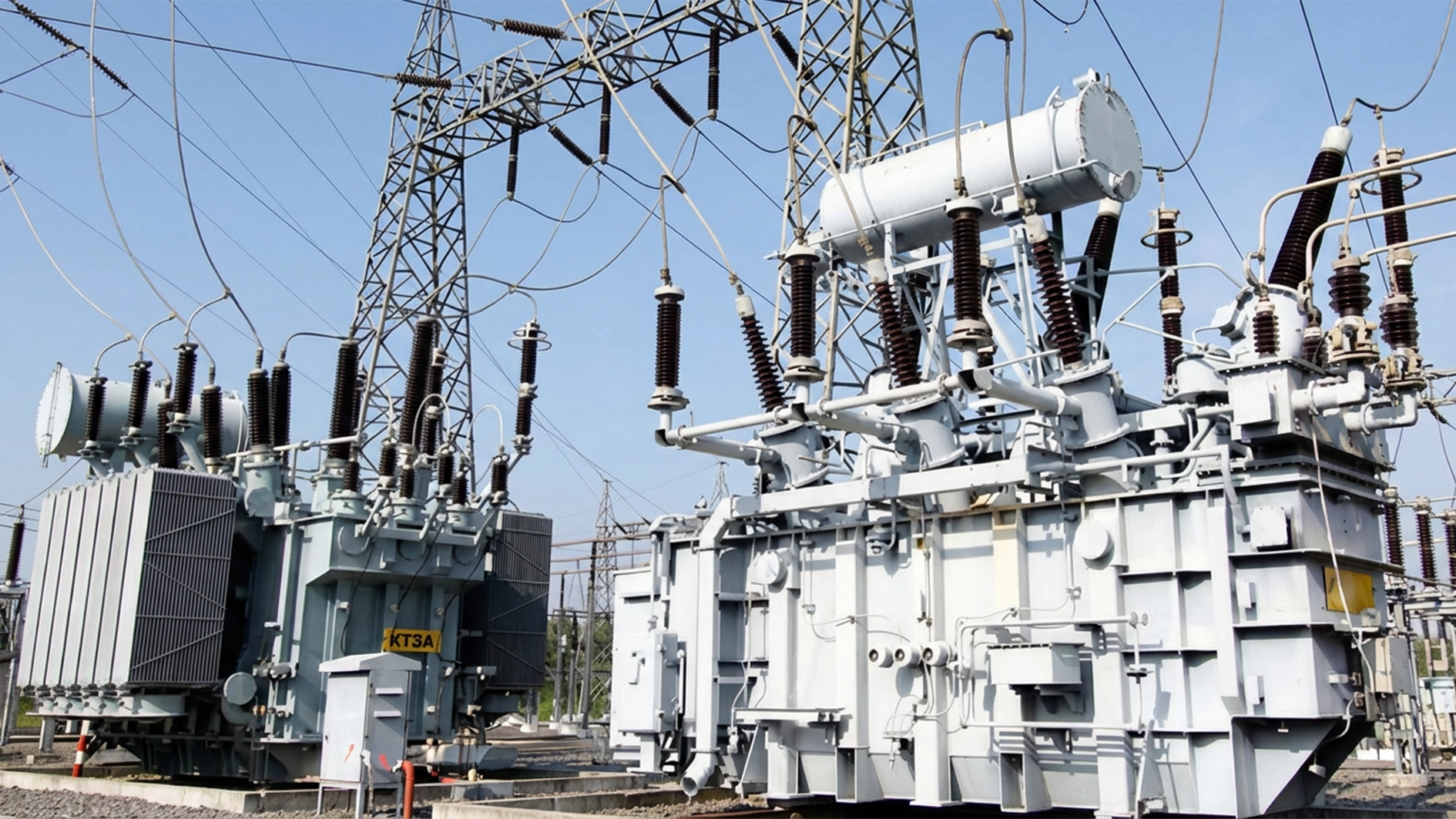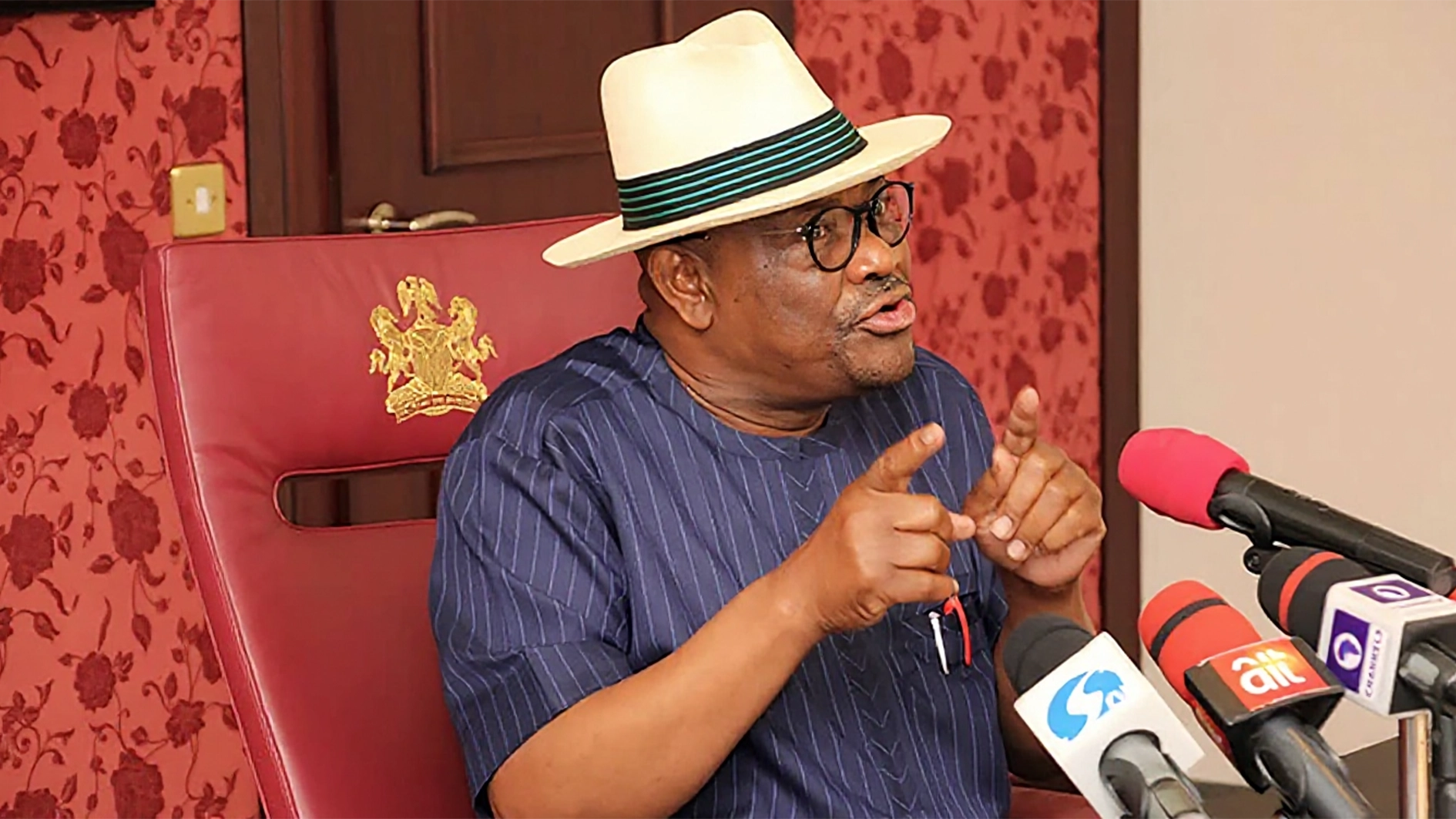The Independent National Electoral Commission (INEC) may spend about N870 billion ($600 million) to conduct the 2027 general election.
The projection was made by Professor Bolade Eyinla, immediate past Chief Technical Adviser to the INEC Chairman, Prof. Mahmood Yakubu, during his keynote address at the Yiaga Africa 2027 Elections Scenarios and Election Manipulation Risk Index (EMRI) Retreat in Abuja.
His address came a few days after Yakubu concluded his ten-year tenure on October 7, 2025.
He noted that Nigeria’s elections are among the largest civil operations in peacetime, requiring significant financial, technological, and logistical resources.
According to him, the projected costs reflect the demands of a country with over 93 million registered voters, 176,846 polling units, and 1,558 electoral constituencies.
Eyinla said the projected amount was informed by previous election costs, stating that the 2015 elections cost N109 billion (US$662 million), the 2019 elections N189 billion (US$619 million), and N355 billion (US$628 million) was spent on the 2023 elections.
According to him, after accounting for inflation, currency fluctuations, and operational expansion, the N870 billion projection for 2027 is realistic.
He added that, on a per-voter basis, the cost is approximately US$6.72 per voter, which is within international norms for transitional democracies.
His words: “In comparative terms, the cost of conducting a general election in Nigeria is among the lowest in Africa. For instance, in Kenya, the cost per voter was US$25.9 in 2017 and US$14.9 in 2022; in Ghana, US$13.1 in 2016 and US$7.7 in 2020; in South Africa, US$5.1 in 2019 and US$7.1 in 2024; in the Democratic Republic of Congo, US$22 and US$14.37 per voter in 2023; and in Liberia, US$22 per voter in 2023. This comparison is no less striking with India, the world’s largest democracy, where the cost was US$8.5 per voter in 2019.
“Based on the prevailing US$ to Naira exchange rate at the time of each election, the cost of Nigeria’s previous three general elections was: N109 billion (US$662 million) in 2015, N189 billion (US$619 million) in 2019, and N355 billion (US$628 million) in 2023.
“Considering the current state of the economy, inflation, and the Consumer Price Index from the National Bureau of Statistics (NBS), it is estimated that conducting the 2027 general election will require about US$600 million (approximately N870 billion), assuming INEC manages its resources prudently.”
He noted that Section 3(3) of the Electoral Act 2022 requires election funds to be released at least one year before the polls.
For 2027, he said, the budget must be appropriated across the 2025, 2026, and 2027 fiscal years.
According to him, prudent management of resources is vital to ensure cost-effectiveness while maintaining election integrity.
Eyinla also noted that the use of the Bimodal Voter Accreditation System (BVAS) devices, along with the Automatic Finger Identification System (AFIS) and Automatic Biometric Identification System (ABIS), is central to ensuring credible elections.
In 2023, he said, voter registration and accreditation devices alone accounted for nearly 35 per cent of the election budget, and similar or higher costs are expected in 2027.
According to him, deploying personnel and materials to over 200,000 polling locations, including remote, riverine, mountainous, and conflict-prone areas, requires extensive planning.
He noted that INEC must rely on service providers for vehicles, boats, aircraft, and armed security escorts to ensure the timely and secure delivery of election materials.






